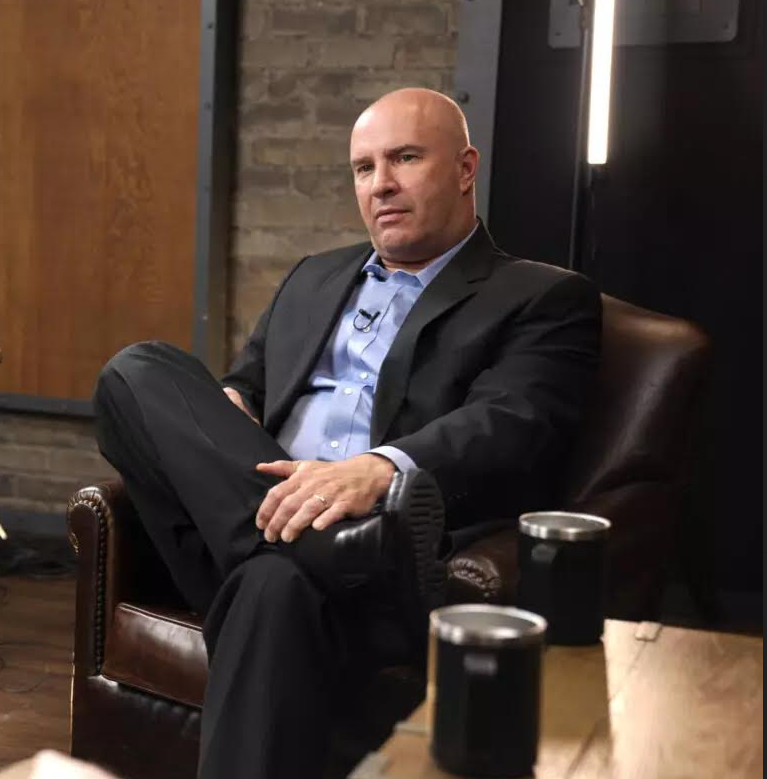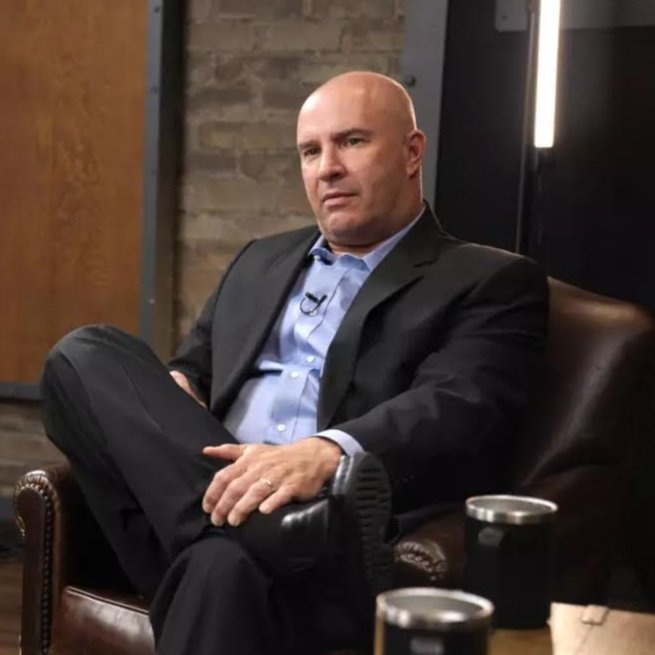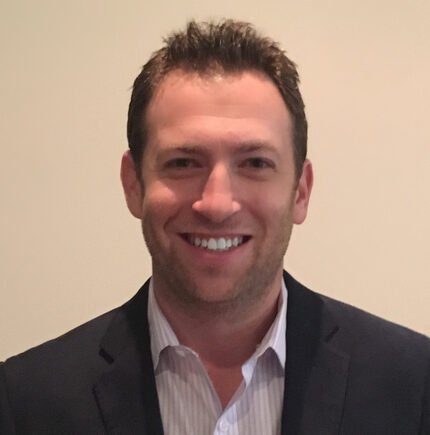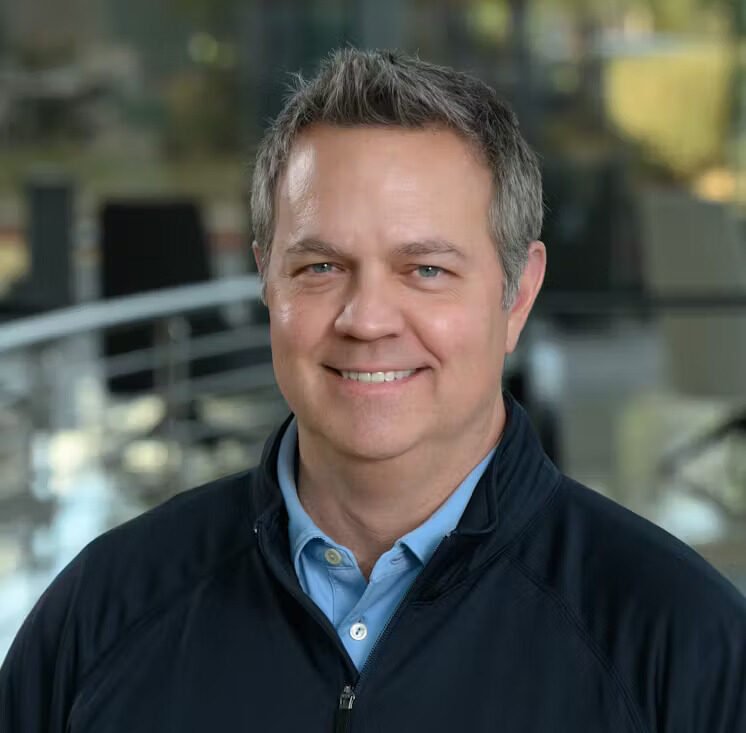
I recently went one on one with Jon Becker, founder and CEO of Aardvark Tactical.
Adam: Thanks again for taking the time to share your advice. First things first, though, I am sure readers would love to learn more about you. How did you get here? What experiences, failures, setbacks, or challenges have been most instrumental to your growth?
Jon: I started my business when I was 17, literally in my mom’s house. Originally, it sold rock climbing equipment by mail order but quickly evolved into selling rappelling and vertical access equipment to first responders. This soon morphed again into selling a wide variety of gear and working with tactical units (SWAT teams, military special operations units, etc.). I like to jokingly say that I am “Tactical Forrest Gump.” I happened to be at the right place at the right time repeatedly and as a result, was able to take advantage of the opportunities that presented themselves. As a concept, employing a special tactics team was only a few years old when I started the business. As the industry grew, I was able to grow alongside it and build a great team that helped develop the business into what it is today.
Honestly, every setback has been a learning experience. We only learn through failure. Fortunately, or unfortunately, I have had the opportunity to fail a LOT! For my entire career, I have been up against the limits of my leadership skills. The challenge as an entrepreneur in a successful business is that you are continually operating at the edge of your skill set. Every day, you are running a larger and more complicated enterprise that forces you to grow and develop. If you aren’t, you are probably not moving fast enough.
That said, I would say that the most significant, and fortunate, aspect of my leadership development path is that I have been constantly surrounded by mentors who have made me better. I am very fortunate because, for the past three decades, I have been immersed in a pool of highly trained and experienced leaders who take men and women into the world’s most dangerous situations. Simply put, they have formed me into the person I am today and have established the basis for my leadership beliefs.
Adam: How did you come up with your business idea? What advice do you have for others on how to come up with great ideas?
Jon: I think my business chose me in many ways. I was very passionate about gear and I didn’t really want to be a “sales guy.” I spent a lot of time learning about the climbing equipment I offered and as a result, the teams trusted me to procure additional equipment and invited me to attend trainings with them which then drew the business into this industry. I was extremely fortunate that the early clients of the business were the true thought leaders in the industry who made me “smart” fast. This gave rise to further specialization and before long the rock-climbing gear was in my past and we were a tactical equipment company.
I think if I had a “great idea” at this point it was to focus on my clients and what they wanted and then allow the business the expand outside of its normal industry to meet the needs of our clients. That is what I would advise a new business owner now; to focus on meeting the needs of your clients. That is all that truly matters. Focus on your end-user and make your product or service the absolute best it can be to meet their needs. Seek feedback, be open to failure, and focus on your client.
Adam: How did you know your business idea was worth pursuing? What advice do you have on how to best test a business idea?
Jon: The only way to truly vet a business idea is to take it to potential clients and sincerely listen to their feedback. It is easy to show potential clients your brilliant invention and almost anyone can do that. The successful entrepreneur can put their ego and pride aside and truly listen to the feedback of their clients. They need to be open to discovering they’re wrong in their views or ideas. That is a very rare skill set, but it provides the fastest path to product development.
Adam: What are the key steps you have taken to grow your business? What advice do you have for others on how to take their businesses to the next level?
Jon: In short, I have focused on a few (very few) essential things and tried hard to get them right. First, it is all about the end user/customer. Our mission is protecting our end user and that is the primary focus always. I really think you have to focus more on the end-user experience than you do on the transaction. Have a clear mission and articulate it to everyone in the organization.
Second, businesses are built by people, not products. You have to focus on building a good team and then aligning their interests with yours to the greatest extent possible. Care more about your people than you do about yourself.
Third, businesses often fail in execution. The development of procedures and systems is not sexy, but it is where success is built. If you don’t have a solid system and a clear process, you can’t do anything consistently or predictably. Without that, you will never grow.
Finally, work on yourself as much as you work on your business. Get smart in everything you do. Understand all areas of your business and what the people you lead do for the organization. It is easy to think, “That’s not my job,” but ultimately as an entrepreneur, it IS your job. Spend time working on your own limitations and learn to take criticism well. Without it, you cannot get better.
Adam: What are your best sales and marketing tips?
Jon: Have a very clear message and focus on the end user’s experience with your product or service. It is very easy to get sucked into the trap of specifications-based marketing. Our device is X percent lighter or Y percent faster. But in the end, no one really cares about specifications. They care about the WIFM (aka “What’s In It For Me?”). A good sales and marketing team focuses on conveying the WIFM of their product to their client and then tries to make that resonate emotionally. Just watch the Super Bowl commercials. How many of them talk about specs or features? They talk about how you feel wearing, having, or consuming their products. People are self-interested and emotional beings. The WIFM is what they want to hear about and, simply put, they need to “feel” the product to connect to it.
Adam: In your experience, what are the defining qualities of an effective leader? How can leaders and aspiring leaders take their leadership skills to the next level?
Jon: Great leaders care more for their people than they do for themselves. Great leaders are humble
servants of the people they lead and invest in them emotionally and financially. You have to dig deep into yourself and work on your personal problems if you want to be a great leader. One of my favorite sayings is that your job as a leader is to “get” the right answer not “have” the right answer. Your job as a leader is to harvest 100% of the skills and brain power of the team you lead. That only happens when everyone feels safe, welcome, and supported, and cares about you as their leader. If you want people to invest in your mission, invest in your people.
Adam: What is your best advice on building, leading, and managing teams?
Jon: It’s not about you! You are the least important person in the room and the sooner you realize that the better a leader you will be. The order of priority is your people, your clients, and you. Never confuse that order!
Adam: What are your three best tips applicable to entrepreneurs, executives, and civic leaders?
Jon: 1) You must have a higher purpose than making money. Making money is the reason we all start a business. We see someone doing something poorly or we see an unmet need and think, “I will be rich!” This is the impulse that drives us to take the risks needed to create a business or take on a new job. While this is a necessary step on the road to success, it is not sufficient to create success. Money is not as strong a motivator as you would think. Sure, when you don’t have it, you are driven towards it. But money is a very short-term and fickle purpose. Money does not motivate the passion and dedication needed to create a successful team. It turns out that for almost all people, doing something to help other people is what they really care about and what will truly motivate them.
2) Hire People, Not Qualifications. Remember that you are building a team and not a resume. Culture trumps everything! Do not hire people based on their qualifications and hope it will work out. Hire people who fit your culture and also happen to be qualified. If you have to choose between culture and skills, pick culture every time! You can train people to do a job, but you cannot train them to be good people.
3) Fix Problems, Not Blame. As a young leader, I was very focused on ensuring the people who worked for me were doing exactly what I wanted them to do. I micromanaged everything and when an error occurred, I made sure I knew who was at fault. I viewed mistakes as the result of individual inattention that had to be fixed with blaming and atonement. I kind of looked at shame as a tool that led to better behavior. Error prevention is not an individual thing, it is a group effort. As a leader, when errors in the system occur, they are your responsibility, not your team’s. Don’t get caught up in trying to decide who made the mistake. When a mistake is made (assuming it is not an intentional act or an act of carelessness) it is the result of you failing to train adequately or a system that failed to properly mitigate the risk of error. Stop worrying about who did it and prevent it from happening again! Bad employees will still stick out and your team will usually identify them before you can anyway. Create an environment that allows for truthful recognition of issues, not one where people go into hiding every time an error occurs.
Adam: What is the single best piece of advice you have ever received?
Jon: Money is a magnifying glass. The abundance of it will only magnify what you already have. If you are a good person, a happy person, it can make you happier and help you do good. If you are a miserable or selfish person, it will only make you worse. You must be happy first. Getting rich will not make you happy. I have been on both sides of this equation over my career and the pursuit of money is not fulfilling. Do something that makes you happy and helps others. Get your personal life in order, then money can add frosting to the cake!








